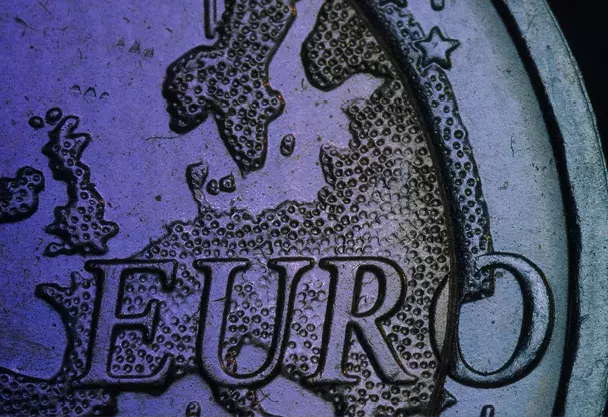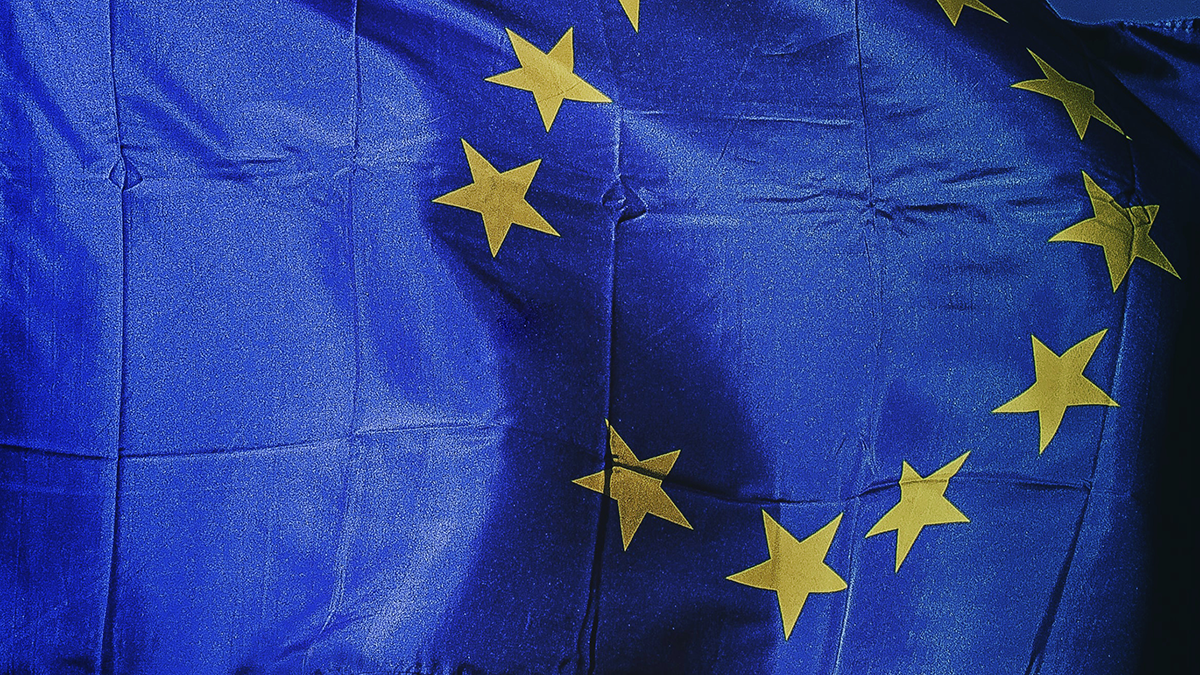
THE EURO… A ROBUST RESERVE CURRENCY
What’s behind the strengthening of the euro?
All information contained herein is for information purpose only and addresses exclusively Members of Spectrum Markets and persons interested in becoming a Member of Spectrum Markets. Nothing herein constitutes an offer to sell or a solicitation of an offer to purchase any securitised derivatives listed on Spectrum Markets or any product described herein. Spectrum Markets does not provide financial services, such as investment advice or investment brokerage. Prospective retail investors can trade such products only with their brokers. The information herein does not constitute investment advice or an investment recommendation. Any information provided does not have regard to the specific investment objectives, financial situation and needs of any specific person who may receive it. Turbo Warrants are complex financial instruments and investors may experience a total loss.

Formally, this is a remarkable step since financial services were expressly exempted from trade agreement negotiations a priori and, consequently, didn’t make their way into the 1,276-page Trade And Cooperation Agreement1 that the EU and Britain concluded in a last-minute deal at the end of December 2020. Therein, a joint declaration on the willingness to work together on regulatory aspects was all the camps could compromise on with a view to the financial services sector. By way of a Memorandum of Understanding (MoU) the details of the mutual governance framework should have become manifest by 31 March 2021.
Informally, yet not unexpected, the outcome is all but a step forward from where the parties got stuck a long time ago. Both the EU and Britain officially refer to the agreement reached as “a platform to facilitate dialogue on financial services issues.” That doesn’t just sound very general – it is.
An official forum for bilateral consultations and information exchange on supervisory measures and their enforcement would be a great achievement between countries strange to each other – for the relationship between two nations that have been close allies for half a century, this is a rather disgraceful outcome. This is irrespective of the fact that hopes weren’t too high anyway;
Too many critical issues remain unsolved that have exposed the financial sector to great and expensive uncertainty.
An official forum for bilateral consultations and information exchange on supervisory measures and their enforcement would be a great achievement between countries strange to each other – for the relationship between two nations that have been close allies for half a century, this is a rather disgraceful outcome. This is irrespective of the fact that hopes weren’t too high anyway; Too many critical issues remain unsolved that have exposed the financial sector to great and expensive uncertainty. Of course, large financial institutions have tried to prepare for a “no-deal” scenario. A few thousand jobs and parts of their businesses moved from London to the continent some time ago. In the beginning of 2021, equities, bonds and derivatives denominated in Euro followed. While many argue that for the City of London this is bearable in nominal terms, more crucial decisions are pending and hopes for a broad equivalence regime are dwindling.
“Equivalence” is a concept under which the EU recognises certain regulations of another jurisdiction as equivalent to their own. Not only can the recognition of equivalence be withdrawn within one months’ notice in advance which means a certain degree of legal uncertainty under this concept. It is also a far cry from the continued full access for British firms to European financial markets that some market participants were betting on until the narrow escape from a hard Brexit which the entering into the Trade And Cooperation Agreement constituted.
To avoid the worst, the EU had recognised equivalence in just two fields, one of which being the acceptance of British clearing institutions for EU banks until June 2022.
According to the European Market Infrastructure Regulation (EMIR), the central clearing obligation also includes derivative transactions concluded outside regulated markets. The majority of these trades are being cleared by clearing houses resident in Britain. According to earlier estimates by the Bank of England, trades worth some GBP 40 trillion would be affected once the EU discontinues to accept Euro-denominated trades being cleared through London-based clearing houses.
The other area of equivalence that the EU had granted refers to the usage of British securities depositories by EU investors. Under the Central Securities Depository Regulation (CSDR), EU securities must be settled via a Central Securities Depository (CSD) within an EU Member State or one that benefits from an EU equivalence decision. The exemption allowing using British CSDs ends in June this year. Ireland, which doesn’t have its own CSD, used to employ British settlement services and moved assets of around EUR 100 billion from London to Brussels in March to avoid being in breach of the CSDR starting in July 2021.
With all that happening shortly after the Brexit has been executed it seems that the EU and Britain are further divided over financial market regulation than ever. And yet, however disappointing this may appear, their divergence on subject matters is much smaller than the political discussion suggests.
It is obvious that legislative processes and laws of a country that had been an EU Member for 47 years cannot be that different from the bloc’s legislation. It is even fair to say that Britain’s expertise played a vital role in the emergence of European financial market regulation and that supervisory infrastructure and enforcement belong to the most sophisticated.
In February, on a completely different note, the European Commission launched the adoption process for two adequacy decisions regarding the transfer of personal data to Britain – since the EU-General Data Protection Regulation (GDPR) is no longer applicable in Britain. In an explanatory statement, the European Commission said that, after carefully assessing the UK’s law and practice on personal data protection (namely the UK-GDPR and the British Data Protection Act 2018), it concludes that Britain “ensures an essentially equivalent level of protection” to the relevant EU standards.
Yes, data protection, in contrast to financial market regulation, has been part of the Trade And Cooperation Agreement. However, it may serve as an example that confidence in a well-functioning trade relationship is not totally unfounded. Equivalence or adequacy decisions aim at the creation of a level playing field. It is in both Britain’s and the EU’s best interest to agree on the highest possible degree of convergence in order to avoid regulatory arbitrage, a race-to-the-bottom regarding quality standards or the drain of talent and expertise.
Get in touch today to discuss how we can help you to grow your retail client business.
1. “ Trade And Cooperation Agreement Between The European Union And The European Atomic Energy Community, Of The One Part, And The United Kingdom Of Great Britain And Northern Ireland, Of The Other Part”